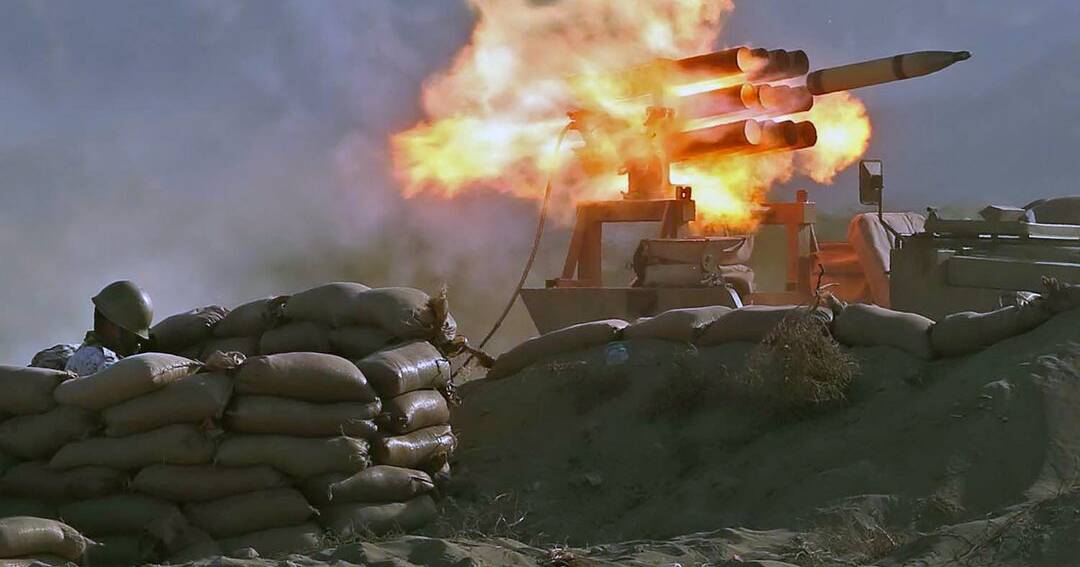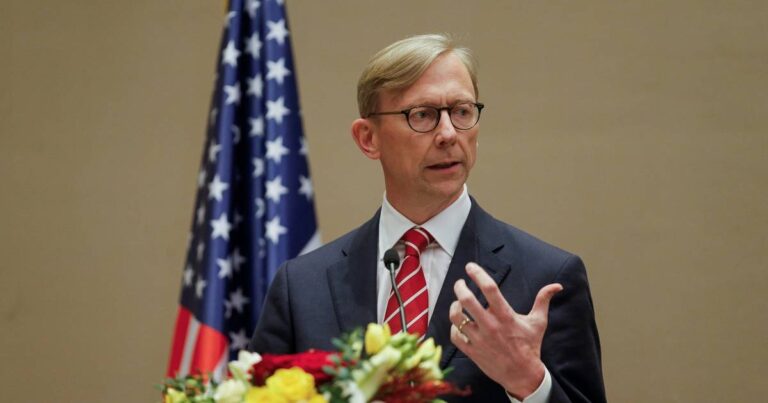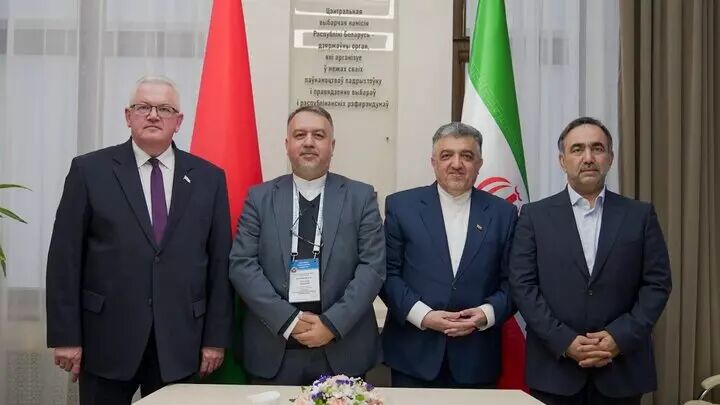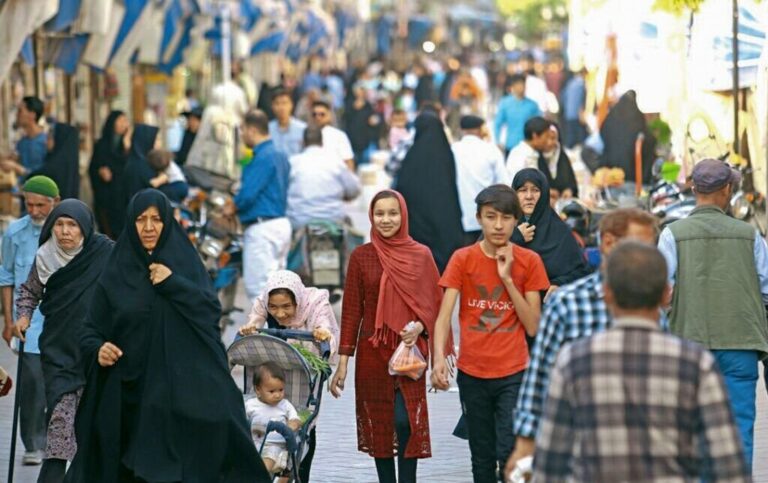Iran Stands Strong: No Fear of Attack Amidst US Military Surge in the Region
Iran’s Foreign Minister, Abbas Araghchi, has confidently stated that no nation would dare to attack Iran due to its significant military preparedness. This assertion highlights Iran’s commitment to maintaining a strong defense and serves as a warning to its adversaries regarding the consequences of any aggression against its territory.
During a meeting at the Red Crescent New Year’s headquarters on Monday, Araghchi emphasized that “our enemies are well aware of the consequences of any aggression against our territory,” showcasing the readiness of both Iran’s armed forces and emergency services. This heightened state of preparedness not only acts as a formidable deterrent but also instills confidence that no other nation possesses the capability or courage to breach Iran’s borders.
Araghchi further elaborated on the effectiveness of this military readiness, stating, “Our adversaries are fully aware of the high level of capability and readiness possessed by our armed forces, emergency services, and government. This preparedness provides us with immunity and strength, effectively deterring any potential aggression against our territory.”
In addition to discussing military readiness, Araghchi addressed Iran’s diplomatic stance concerning negotiations with the United States. He firmly stated that Iran rejects any direct negotiations with the U.S. but remains open to indirect talks facilitated through intermediaries. He explained, “The Islamic Republic of Iran, under maximum pressure and the threats it faces, will definitely not enter into direct negotiations with the United States. This is our clear policy and it will continue until there is a change in the other side’s approach towards the Iranian people.”
Araghchi’s remarks reflect a broader sentiment within Iran regarding the state of relations with the U.S., noting, “The current outlook is that, with the accusations being made and the unreasonable demands that are repeated daily, we will not enter into any direct negotiations with the American side.” However, he reassured that “the path for indirect negotiations is open, and there are various channels through which it can be done.”
These statements come at a time when the United States is significantly increasing its naval presence in the Middle East, a move directly linked to rising tensions with the Iran-backed Houthi rebels in Yemen. U.S. Defense Secretary Pete Hegseth has ordered two aircraft carrier strike groups to the region next month. This rare deployment is intended to bolster U.S. military actions against the Houthis, who are primarily supported by Iran.
The recent buildup of U.S. forces follows a series of persistent Houthi attacks on both commercial and military vessels in the Red Sea, which the group justifies as a response to the ongoing Israeli war in Gaza. The deployment of the USS Harry S. Truman and the expedited arrival of the USS Carl Vinson will enhance U.S. commanders’ capabilities for patrols and strikes in the region.
The U.S. has consistently maintained a naval presence in the Middle East, with carrier strike groups regularly rotating through the area. However, this current deployment represents a notable increase in firepower, potentially signaling a stronger deterrent message to Iran amidst escalating regional tensions.
Additionally, Araghchi’s comments follow two aerial attacks by Israel last year, which resulted in a significant weakening of Iran’s air defenses. While Iran has attempted to downplay these incidents, they highlight the ongoing tit-for-tat dynamics between the two nations.
Here are some key points from Araghchi’s statements and the current geopolitical landscape:
- Military Preparedness: Araghchi asserts Iran’s high state of military readiness deters potential aggressors.
- Stance on Negotiations: Iran is unwilling to engage in direct talks with the U.S. but remains open to indirect negotiations.
- U.S. Naval Presence: Increased U.S. naval deployments in the Middle East are aimed at addressing tensions with Houthi rebels.
- Regional Tensions: Ongoing conflicts, including Houthi attacks and Israeli airstrikes, contribute to the volatile situation.
In conclusion, Iran’s military readiness and diplomatic stance underscore the complexities of its relations with the United States and regional adversaries. As tensions continue to escalate, it remains to be seen how these dynamics will evolve and impact the broader geopolitical landscape in the Middle East.






